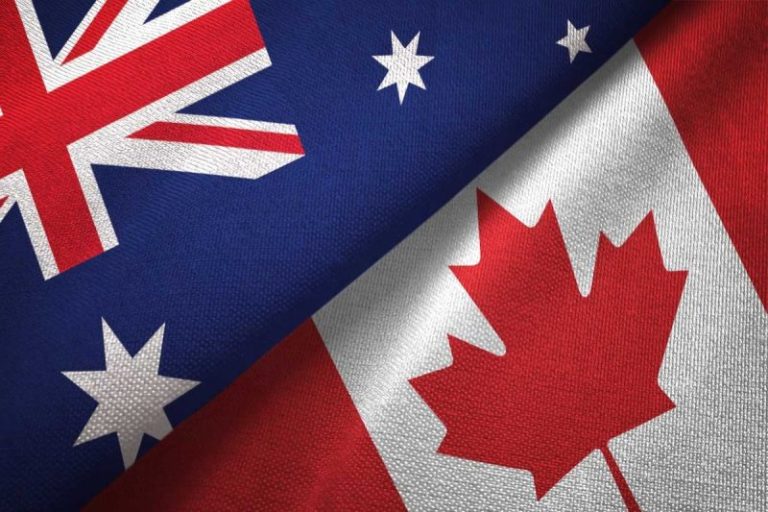Minister for Resources and Northern Australia Madeleine King said on Saturday (November 1) that Australia and Canada have strengthened their critical minerals partnership with a new joint declaration of intent.
The new agreement is between Australia’s Department of Industry, Science and Resources and the Department of Natural Resources of Canada.
It builds on the Australia-US rare earths deal signed by Prime Minister Anthony Albanese and President Donald Trump, under which both nations committed to investing over US$1 billion each in initial projects within the next six months.
King signed with Canadian Minister for Resources and Energy Tim Hodgson at the G7 Energy and Environment Ministers’ Meeting in Toronto.
“Like Australia, (Canada) holds some of the world’s most significant critical minerals and rare earths reserves,” she commented, adding that it is important for both producing countries to collaborate.
“From defence applications to clean manufacturing, critical minerals are at the heart of the economic and national security of both our countries … (We need to) ensure both our communities and industry can benefit from growing demand.”
While the joint declaration is not legally binding and comes with no financial commitment, it highlighted that an in-person ministerial will be established within 6 months of the date of signing.
The ministerial will be responsible for assessing progress and establishing a work plan for the coming year, to be led by King and Hodgson themselves.
Key areas of the partnership include project financing, investment and trade, maximising assets to co-invest in “commercially viable projects.”
The countries also agreed to share best practices in meeting ESG standards and project development and execution. Joint research and sharing of information on stockpiling and respective project development pipelines were also cited.
No target projects have been mentioned, but among Australia’s awaited critical minerals projects is the Dubbo rare earths project by Australian Strategic Materials (ASX:ASM,OTC Pink:ASMMF).
Dubbo received AU$5 million under the Australian government’s International Partnerships in Critical Minerals (IPCM) Program in October 2024, and an AU$6.5 million grant from the government’s Critical Minerals Development Program in May 2023.
It is targeting a final investment decision in 2026 and is expected to deliver up to 1,000 local jobs during the construction period and approximately 270 jobs once operational.
For Canada, the Matawinie mine near Montreal, Quebec by Nouveau Monde Graphite Inc. (NYSE:NMG,NOU:CA) was first on its list of investments under the G7 Critical Minerals action plan, wherein it mentioned a letter of interest for the project for up to US$430 million from Export Development Canada.
Nouveau Monde Graphite is also reportedly on its journey to create the largest fully integrated natural graphite production facility in North America.
“By working together, we can build secure, diversified and sustainable critical minerals supply chains,” said King.
Securities Disclosure: I, Gabrielle de la Cruz, hold no direct investment interest in any company mentioned in this article.

